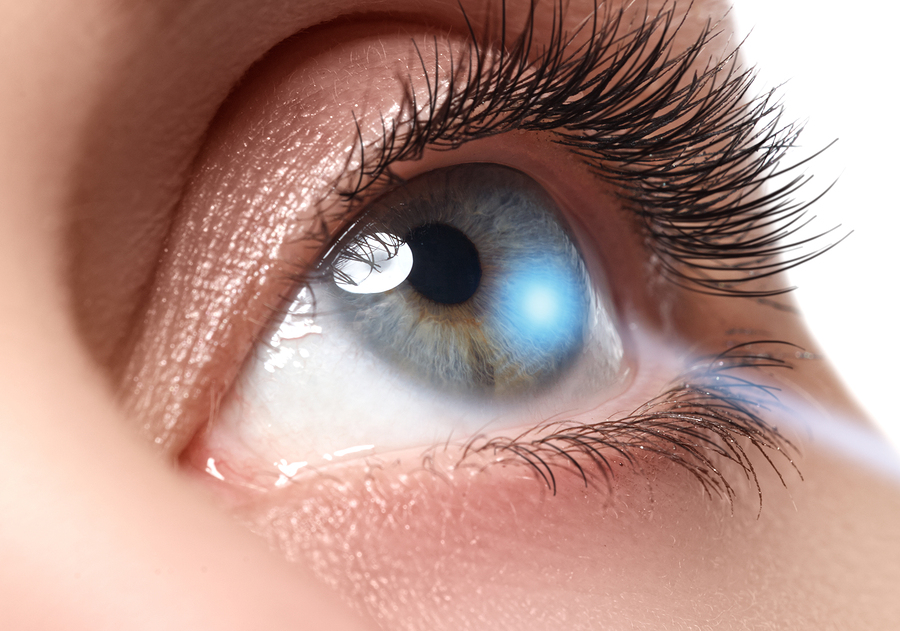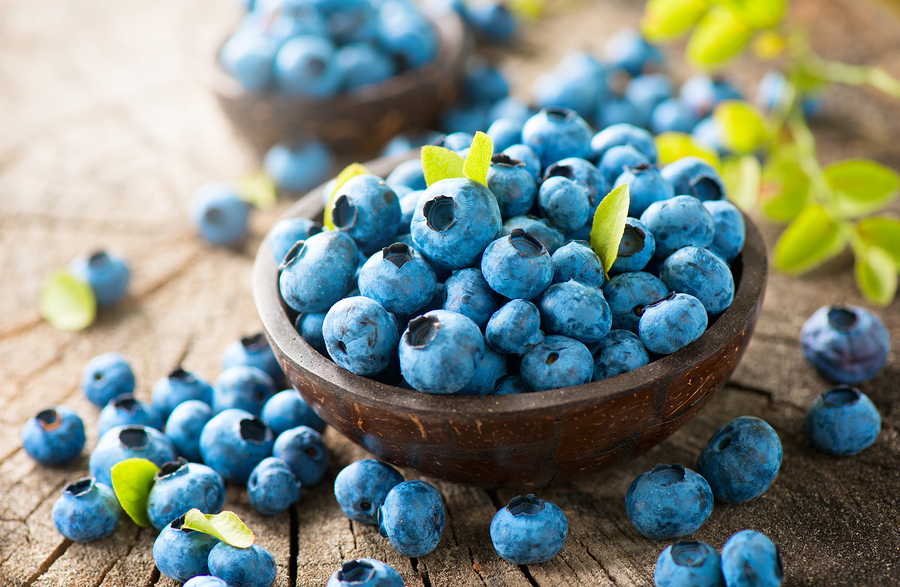- Make It Yourself Lavender Heart-Shaped Bath Bombs!
- 20 Things You Never Knew About “Down There”
- 12 Best Foods For Those Suffering From Arthritis Pain
- 12 Personal Hygiene Mistakes Almost Everyone Makes (Mom Never Told You About #4!)
- 15 Medicinal Plants And Herbs From The Cherokee People
- 12 Mind-Blowing Benefits Of Drinking Coconut Water During Pregnancy
- 12 Outstanding Winter Foods That Won’t Fatten You Up Like A Christmas Turkey
The 4 Food Groups That Will Save Your Eyesight! (You’ll Be Amazed By #4!)

Photo credit: bigstock.com
While most people realize that diet has an effect on one’s immune system and energy levels, they probably don’t know that what you eat can affect your visual acuity as well. Good vision is often thought of as one of those things that you either have or you don’t. But it turns out that making some simple changes to your diet can help keep your eyes strong, and your vision sharp throughout your life. In this article we’ll list and explain the most beneficial foods for maintaining your eyesight.
So what are the best foods for protecting your eyesight?
Generally speaking, fruits and vegetables are going to be the most beneficial, but there are other foods, like nuts and certain animal proteins, which can be very beneficial as well.
1. Fruits & Vegetables
Ever heard that eating carrots will help you see in the dark? There’s a reason for that. Carrots are the one vegetable that is most widely associated with improving eyesight. This is due to the high concentrations of beta-carotene, which is an important nutrient for preserving eyesight and is found in many of the foods associated with improved vision. Other vegetables that are orange in color, like sweet potatoes, yams, pumpkin, and squash, offer the same benefit.
Beta-carotene is a nutrient that the body converts to vitamin A. This vitamin consists of a group of compounds that are beneficial to preserving eye sight and protecting the eyes from infection. Vitamin A improves the ability of the cornea (eye’s surface) and mucus membranes to defend against bacteria. It also helps strengthen the immune system and improve skin health.
One of the tell-tale signs of vitamin A deficiency is trouble seeing in the dark. Also known as “night blindness,” a decline in visual acuity linked to insufficient amounts of vitamin A can be reversed by eating foods rich in this nutrient.
It is important to note that vitamin A is toxic in very high doses. For this reason, it is recommended that you ingest it via whole foods rather than by supplements. When you eat whole foods rich in beta carotene, you generally don’t need to worry about overdosing, since the body only converts as much as it needs.
Continue to Page 2

Photo credit: bigstock.com
2. Cruciferous (Leafy) Green vegetables
Cruciferous (leafy) green vegetables are another great option. It is hard to think of another type of food as low in calories, yet as packed with nutrients as this class of vegetables. Spinach, kale, mustard greens, turnip greens, collards, and romaine lettuce (not iceberg!) are all fantastic options. A serving of any of these greens often has more than 100 percent of the recommended daily value of vitamin A, and plenty of vitamin C as well.
One of the additional benefits of eating leafy green vegetables is that they are a great source of two powerful antioxidants called zeaxanthin and lutein. A study showed how these two compounds were actually able to slow the onset of macular degeneration in people already suffering from the condition.
While not exactly leafy — resemblance to a tree notwithstanding — broccoli is also a good source of the aforementioned nutrients.
Continue to Page 3

Photo credit: bigstock.com
3. Berries
Berries are also a good choice. Blueberries, bilberries, black currants, strawberries, and blackberries all contain antioxidants beneficial for eye health. One type of antioxidant in particular are anthocyanins, which have been shown to protect against cataracts and macular degeneration.
Part of the fun of fruits and vegetables is that there are so many ways to use and combine them. If you’re tired of salads and fruit bowls, try making smoothies! There is room for endless experimentation with these eye-friendly ingredients.
4. Animal Proteins, Seeds, and Oils
As healthy as fruits and veggies are, you can’t live on them alone. Luckily, you can get nutrients beneficial to the eyes from other food groups as well.
Nuts and seeds like walnuts, almonds, and pistachios, plus chia seeds, pumpkin seeds, sunflower, and sesame seeds are beneficial in this regard. Each of these has varying amounts of a given nutrient, but taken as a whole, nuts and seeds are good sources of omega-3 fats and vitamin E, both of which are essential for maintaining healthy vision.
Certain types of oils, like avocado and extra virgin olive oil, are rich in antioxidants like lutein and zeaxanthin, which are imperative for good eyesight. Finally, fatty, cold water fish like salmon, trout, and tuna are a good choice for ensuring strong vision. The omega-3 fatty acids (of which most people do not get nearly enough) found in these fish protect against age-related macular degeneration. Salmon in particular is beneficial in that it contains an antioxidant called astaxanthin, which is even more powerful than vitamins A or C in protecting against damage from free radicals.
You probably already knew that most of these foods were good for you, but now you have another reason to add them to your plate. Clean up your diet, and you can be reasonably assured of strong, healthy vision well into old age.
References:
































